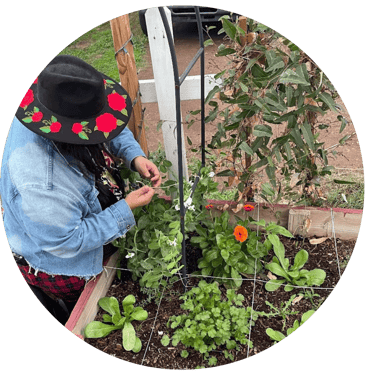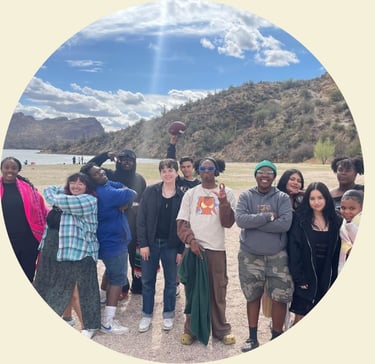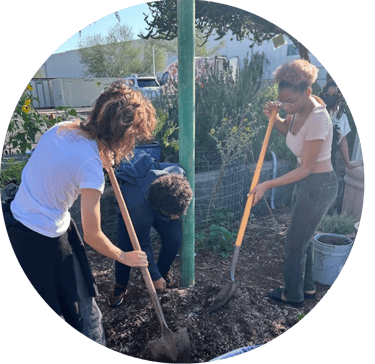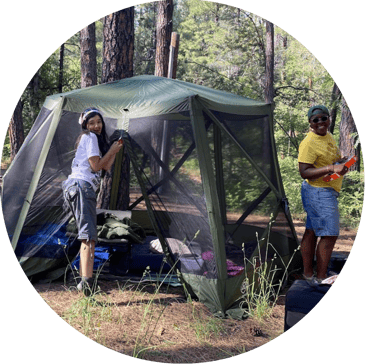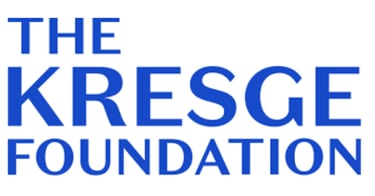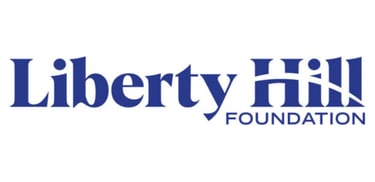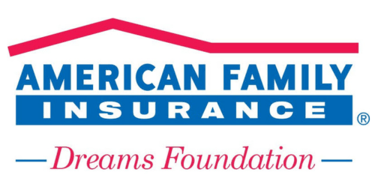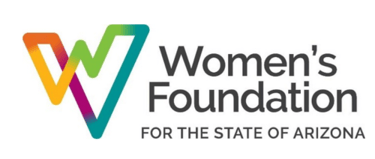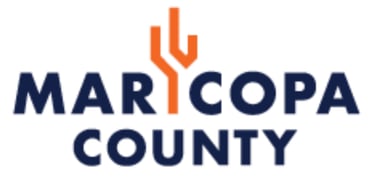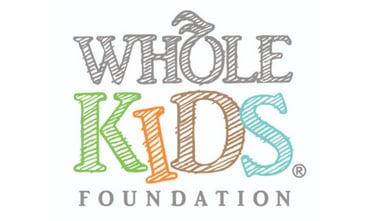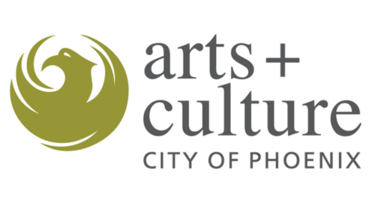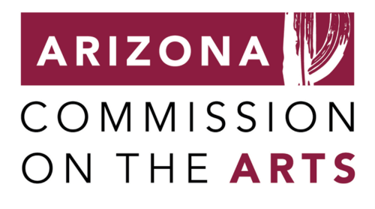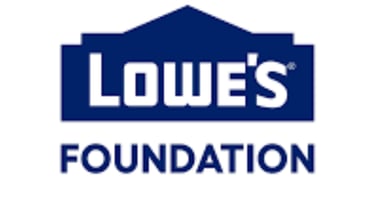RE:SEEDING THE EARTH
Caring for the planet is an important focus at RE:Frame. In South Phoenix, Arizona, youth face compounded challenges from environmental injustices, including extreme heat, food insecurity, and the impacts of mass incarceration. The area experiences the highest temperatures in Phoenix, with heatwaves exceeding 110°F, disproportionately affecting vulnerable populations. High youth incarceration rates limit economic and educational opportunities, further entrenching systemic barriers. By promoting environmental justice, youth gain a deeper understanding of the intersection between ecological health and social cohesion.
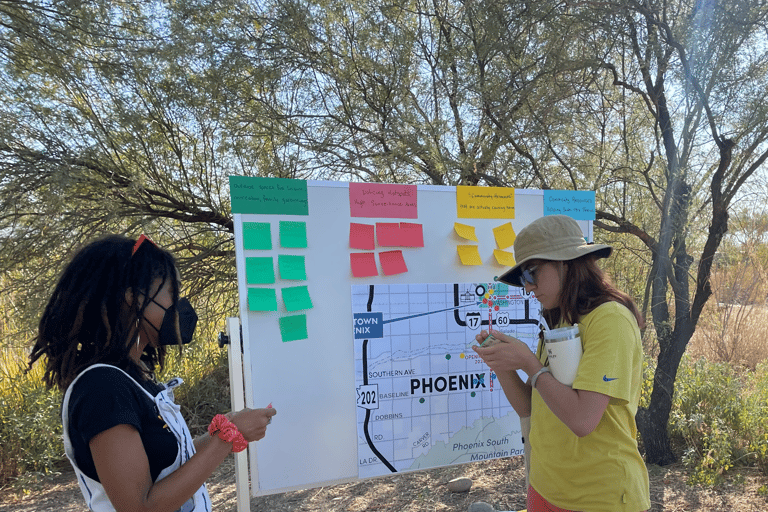

ENVIRONMENTAL JUSTICE COHORT
A 3-month paid learning cohorts train in advocacy, policy development, and community organizing to support Mother Earth. Cohort members are train in historic and current practices of the environmental justice with curriculum that aligned with Indigenous knowledge and sovereignty movements.
SOWING SEEDS COLLECTIVE
The Collective are monthly gathers that are open to members, their families, and community members. We promote food sovereignty, ecosystem restoration, and environmental stewardship while fostering intergenerational knowledge. We are building a Community Garden, Restoration projects, and an Herbal Apothecary.
WILD RESILIENCE WORKSHOPS
We are building and teaching essential urban and outdoor survival skills, disaster response strategies like emergency shelter construction and water purification, and sustainable resource distribution for refill stations and tool sharing. Upcoming Events (Registration opens in September 2025)
ENVIRONMENTAL JUSTICE FELLOWS
Building opportunities for youth fellows to contribute to public environmental plans, and work with indigenous leaders farm workers, and public officials to propose and advocate for community-driven environmental changes. Additionally, fellows cultivate an entrepreneurial mindset that prioritizes sustainability and social equity while addressing environmental challenges.
